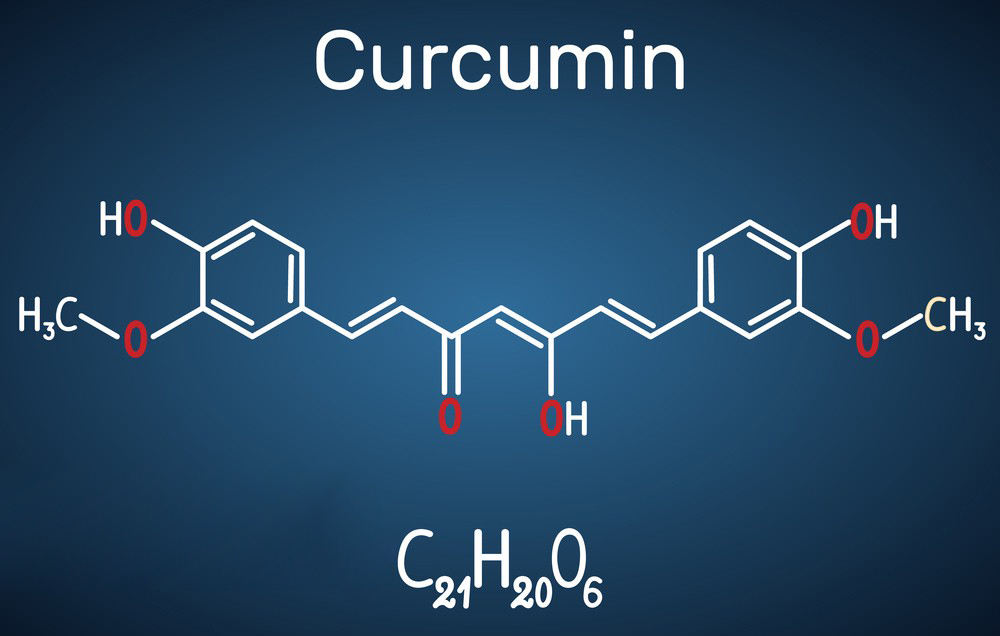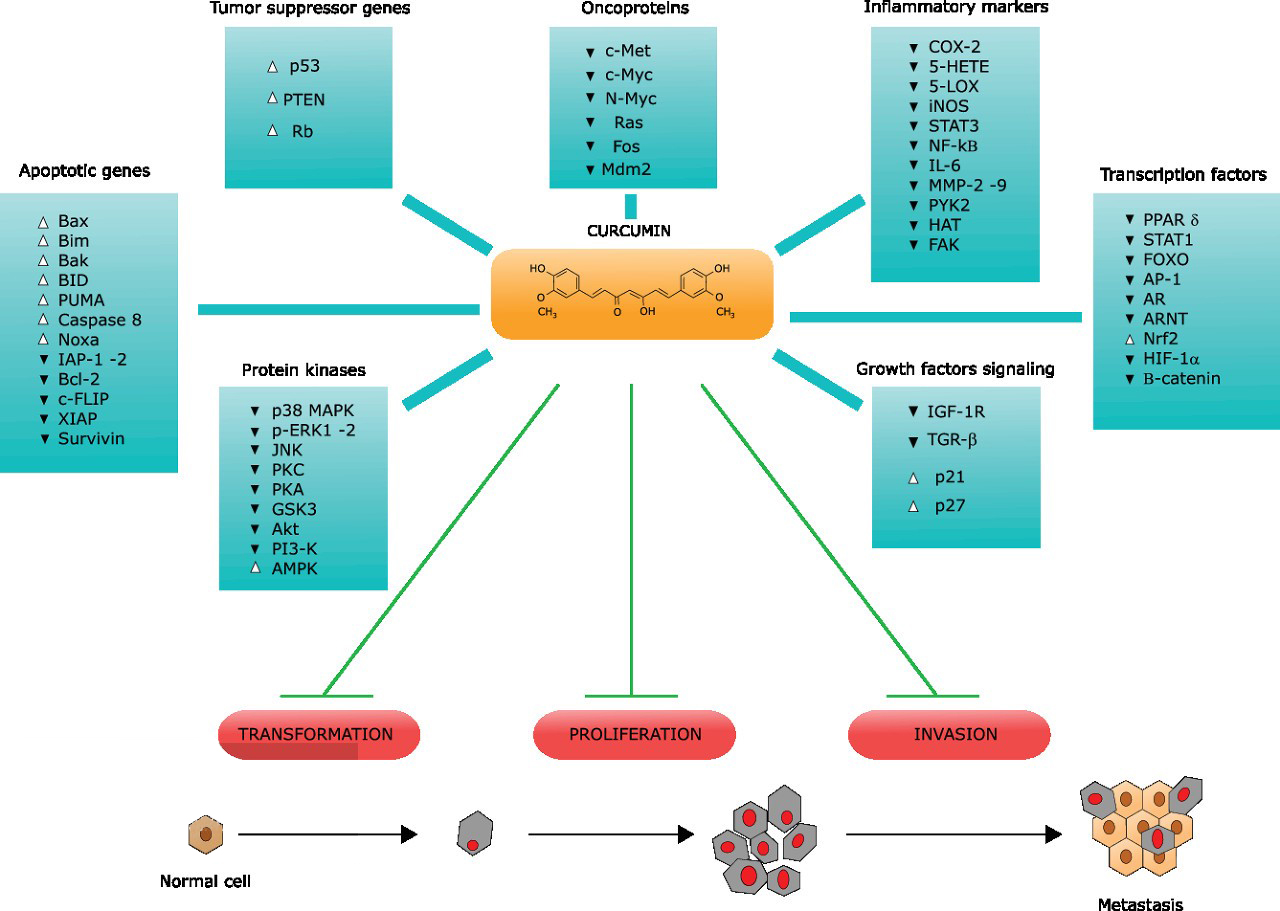Curcumin is a natural compound found in turmeric, a spice commonly used in cooking and traditional medicine. It is known for its potential health benefits, including anti-inflammatory and antioxidant properties. However, it’s important to note that curcumin’s bioavailability is relatively low, meaning that it’s not easily absorbed by the body. Here are some tips on how to use curcumin effectively:

Include Turmeric in Cooking: Turmeric is the spice that contains curcumin. You can add turmeric to your dishes to incorporate curcumin into your diet. It’s commonly used in curry dishes, soups, stews, and rice.
Combine with Black Pepper: Black pepper contains a compound called piperine, which can enhance the absorption of curcumin. When using turmeric in cooking or consuming curcumin supplements, consider adding a pinch of black pepper to improve its bioavailability.
Curcumin Supplements: Curcumin supplements are available in various forms, such as capsules, tablets, powders, and extracts. When choosing a supplement, look for those that contain piperine for better absorption. Follow the recommended dosage on the product label or consult a healthcare professional before taking any supplements.
Fat Content: Curcumin is fat-soluble, which means consuming it with a source of healthy fat can improve its absorption. You can pair it with foods like avocado, olive oil, coconut oil, or nuts.
Golden Milk: Golden milk is a popular drink made by combining turmeric with milk (dairy or plant-based) and other spices. Adding a touch of sweetener like honey or maple syrup can enhance the flavor.
Smoothies: You can add a pinch of turmeric or curcumin powder to your smoothies for an extra health boost.
Topical Use: Some people use curcumin topically for its potential benefits on the skin. However, it’s important to perform a patch test before using it on a larger area to ensure you don’t have an adverse reaction.
Consult a Healthcare Professional: If you’re considering using curcumin for specific health purposes, such as managing inflammation or joint pain, it’s advisable to consult a healthcare professional before making any significant changes to your diet or supplement regimen.
Understand Potential Interactions: Curcumin supplements may interact with certain medications, so it’s important to discuss with your doctor if you’re taking any prescription drugs.
Remember that individual responses to curcumin can vary, and its effects might not be as pronounced for everyone. If you have any underlying health conditions or concerns, it’s best to consult a healthcare professional before incorporating curcumin into your routine.
Applications of Curcumin
Curcumin is a natural compound found in the turmeric plant (Curcuma longa) and is known for its potential health benefits. It has been extensively studied for its various pharmacological properties and potential clinical applications. However, it’s important to note that while curcumin holds promise, more research is needed to fully understand its effects and mechanisms of action in different medical conditions. Here are some of the clinical applications of curcumin that have been studied:
Anti-Inflammatory and Antioxidant Properties: Curcumin is known for its potent anti-inflammatory and antioxidant properties. It may help reduce inflammation by inhibiting certain enzymes and pathways involved in the inflammatory response. This has led to investigations into its potential use for conditions like arthritis, inflammatory bowel disease (IBD), and other inflammatory disorders.
Pain Management: Some studies suggest that curcumin might have analgesic (pain-relieving) properties. It could potentially be used as a complementary approach for managing chronic pain conditions, although more research is needed to establish its efficacy.
Cancer Prevention and Treatment: Curcumin has been studied for its potential anticancer effects. It might inhibit the growth of cancer cells and interfere with various stages of cancer development, including cell proliferation, angiogenesis, and metastasis. Research has mainly focused on cancers such as colorectal, pancreatic, breast, prostate, and lung cancer.
Neurological Disorders: The neuroprotective properties of curcumin have attracted attention in the context of neurodegenerative disorders like Alzheimer’s disease and Parkinson’s disease. Some studies suggest that curcumin might help reduce the accumulation of certain proteins associated with these diseases and might have anti-inflammatory effects in the brain.
Cardiovascular Health: Curcumin’s potential to improve cardiovascular health has also been explored. It may have a role in reducing risk factors such as oxidative stress, inflammation, and high cholesterol levels. However, its clinical significance in preventing or treating cardiovascular diseases requires further investigation.

Gastrointestinal Health: Curcumin 95 has been investigated for its potential benefits in various gastrointestinal conditions, including irritable bowel syndrome (IBS), inflammatory bowel disease (IBD), and peptic ulcers. Its anti-inflammatory properties might be relevant in managing these conditions.
Diabetes Management: Some studies suggest that curcumin might help improve insulin sensitivity and blood sugar control in people with type 2 diabetes. However, more research is needed to determine its effectiveness and optimal dosage.
Skin Health: Curcumin’s anti-inflammatory and antioxidant properties may be relevant in managing certain skin conditions, such as psoriasis, eczema, and acne. It might also aid in wound healing.
It’s important to emphasize that while curcumin shows promise in various clinical applications, its bioavailability is a significant challenge. Curcumin is poorly absorbed by the body, and researchers have explored various methods to enhance its absorption, such as combining it with black pepper extract (piperine) or encapsulating it in liposomal formulations.
Before using curcumin supplements or products for any health condition, it’s crucial to consult with a healthcare professional. They can provide guidance based on your specific health needs and considerations. Additionally, the scientific understanding of curcumin’s effects continues to evolve, so staying informed about the latest research is important.
